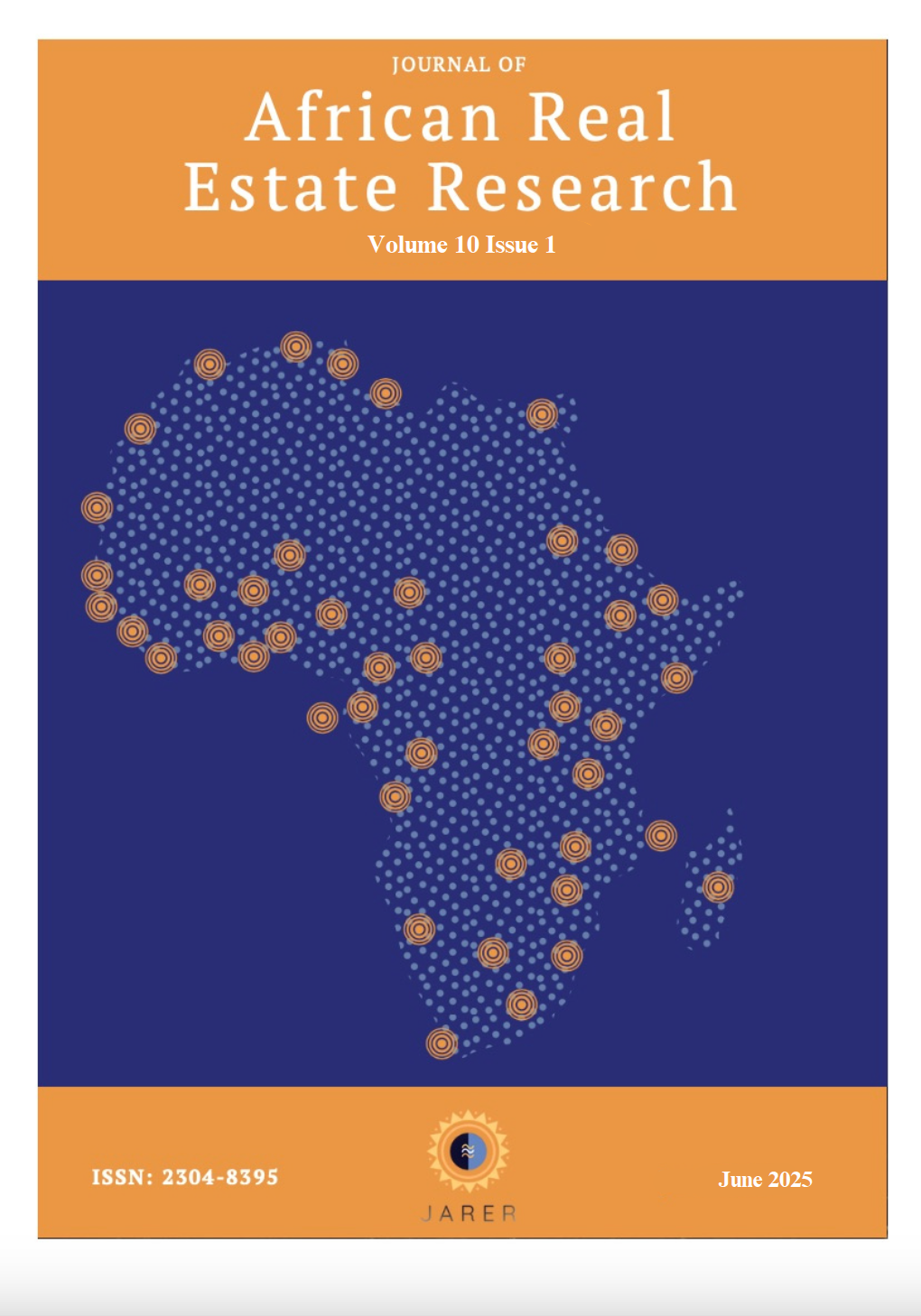Challenges of Land Resettlement for the Inland Dry Port Project in Ibadan
DOI:
https://doi.org/10.15641/jarer.v10i1.1591Keywords:
Compensation, Challenges, Dry-port, Households, ResettlementAbstract
One way the government often adopts to compensate people dispossessed of their land is to resettle the dispossessed landowners. Notwithstanding the good purpose for which resettlement is meant to be adopted, the act is not without a number of challenges. This study sought to investigate the challenges of land resettlement with respect to the land acquired by the government for inland port projects in Ibadan, Oyo State. Based on records from the Ministry of Land, Housing and Urban Development and the office of the Surveyor General of Oyo State, 44 households of the total 145 displaced landowners/households earmarked for resettlement were sampled. Data were collected from the respondents with the aid of questionnaires administered in person. The collected data were analysed using descriptive statistics tools such as percentages, mean and Relative Importance Index. The results indicated that in acquiring land for a public project, statutory procedures were followed, notifying the respondents of the government's intention to acquire the land and resettlement arrangements. The results of the study showed that the respondents suffered exposure to security and welfare risks from prolonged delays in the resettlement process. Additional challenges included loss of shelter and ancestral homes, as well as being deprived of access to a common heritage. The study concluded that the loss of livelihood and the increase in the cost of living led to a decline in the standard of living for the dispossessed landowners.
Downloads

Downloads
Published
How to Cite
Issue
Section
License
Copyright (c) 2025 Theophilus Olugbenga Babatunde, Timothy Tunde Oladokun

This work is licensed under a Creative Commons Attribution 4.0 International License.



